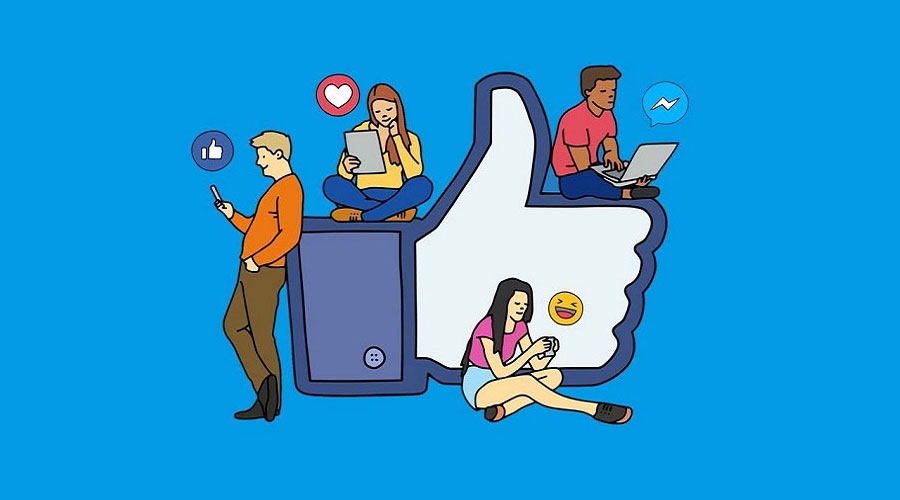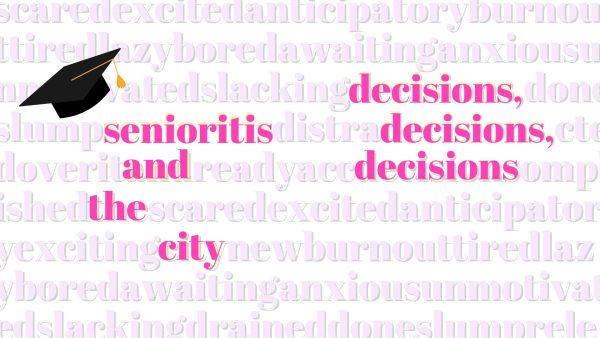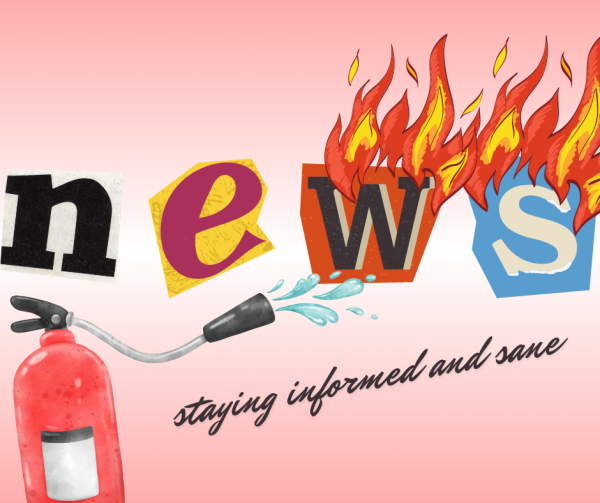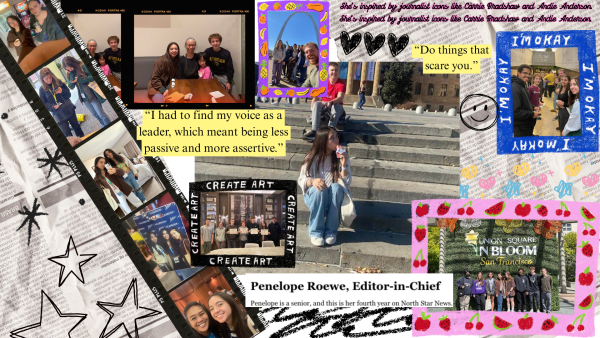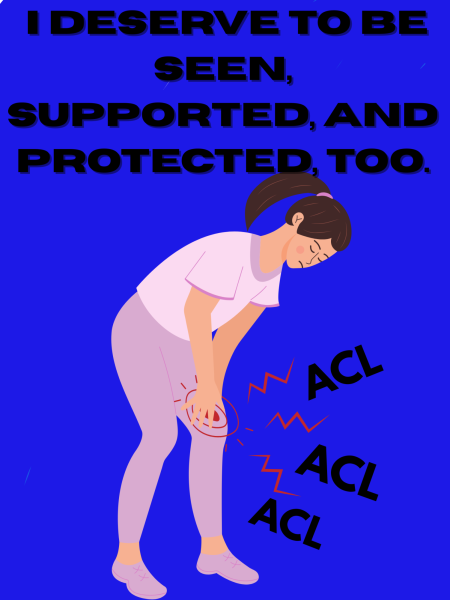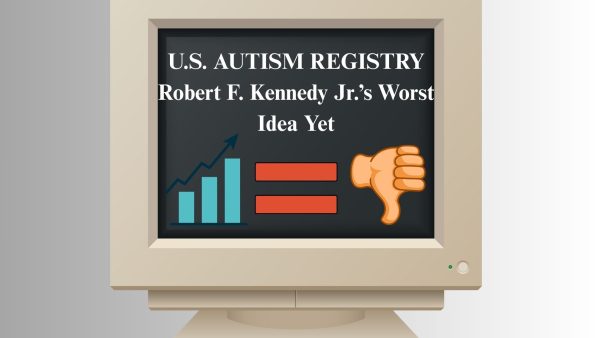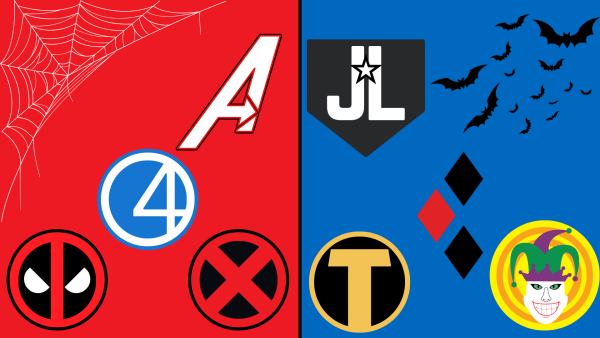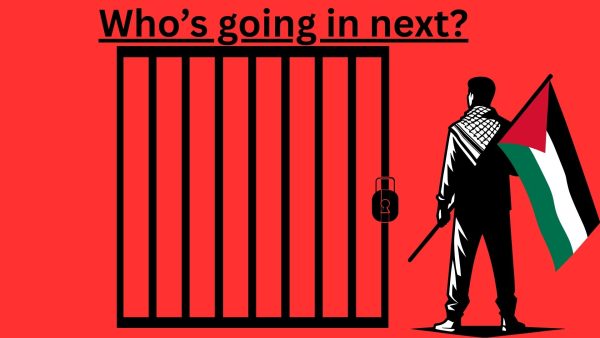Does social media do more harm than good?
Photo Credits: Almond Solutions
Although social media helps us stay connected with people across the globe, it’s important not to overload on information.
In today’s world, social media has become an important part of our daily lives. From staying connected with friends and family to networking with colleagues and finding new job opportunities, social media has changed the way we interact with each other. I personally like to believe that social media is helpful, but only to an extent.
During the COVID-19 pandemic, many turned to social media as a crucial method of communication. While social media has drawbacks, it also provides advantages like allowing users to stay connected with friends and family even when they’re far away. Sharing photos, videos and updates across platforms like TikTok, Instagram and Twitter can help combat feelings of isolation and promote meaningful connections across the globe.
Moreover, social media is an excellent tool for networking and building professional connections. LinkedIn, for instance, has become an essential platform for job seekers and recruiters. It helps people find new career opportunities and connect with industry experts and mentors. Similarly, Twitter is an excellent tool for following industry leaders and staying up-to-date with the latest news and trends.
Despite these benefits, many argue that social media does more harm than good. One of the most significant concerns is the negative impact social media can have on mental health. Government studies have shown that excessive use of social media can lead to feelings of anxiety, depression, and loneliness. Social media can also be a breeding ground for cyberbullying, which can have serious consequences for victims’ mental health.
Moreover, social media can also perpetuate unrealistic beauty standards and lead to body image issues. Many people feel pressured to look a certain way and to present a perfect image of themselves online. This can lead to feelings of inadequacy and low self-esteem.
Another concern is the impact of social media on our attention span and ability to focus. Social media platforms are usually designed to be addictive and can lead to excessive scrolling and distract us from more important tasks. Moreover, the constant stream of notifications and updates can lead to information overload and contribute to mental exhaustion.
Personally, from my own experiences with social media I believe that it provides some good but only to a certain point. For example, I don’t always have time to keep up with the latest news and trends, therefore I believe social media is useful when I don’t have the time to keep up. However, there are some negative aspects of social media; I procrastinate quite often, and social media definitely doesn’t help with that. For those who have a problem with focusing, social media can be quite a distraction, essentially creating a double edged sword.
Overall, social media can have both positive and negative effects. While it is an excellent tool for staying connected with friends and family, as well as to build professional connections, it can also have a negative impact on mental health, perpetuate unrealistic beauty standards and distract us from more important tasks. As with any technology, it is essential to use social media in moderation and be aware of its potential impact on our mental health and well-being.

Tenzin is a sophomore at Niles North and this is his second year on North Star News. He is the assistant Opinion editor, during his free time he enjoys...


